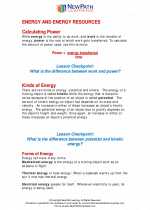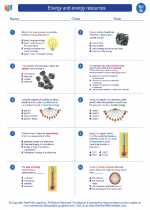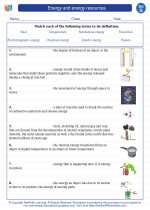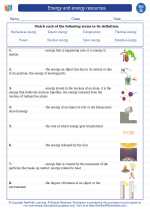History
History is the study of the past. It encompasses all human activities and events that have occurred from the beginning of time to the present day. Studying history helps us understand how societies, cultures, and civilizations have evolved over time and how they have shaped the world we live in today.
Key Concepts in History
- Chronology: Understanding the order and sequence of events in history.
- Cause and Effect: Analyzing the reasons behind historical events and their consequences.
- Historical Interpretation: Examining different perspectives and interpretations of historical events.
- Primary and Secondary Sources: Differentiating between original sources from the time period and later interpretations or analyses.
- Historical Research: Exploring and analyzing historical evidence to form conclusions about the past.
Study Guide
When studying history, it's essential to engage with the material actively. Here are some study tips:
- Read and take notes: Read assigned texts or historical documents carefully, and take notes on key events, people, and concepts.
- Use timelines: Create timelines to visualize the sequence of events and understand their chronological order.
- Make connections: Connect historical events to their causes and effects, and consider how they have influenced the present.
- Discuss and debate: Engage in discussions with peers or teachers to analyze different historical perspectives and interpretations.
- Research: Conduct additional research to deepen your understanding of specific historical topics or events.
- Practice critical thinking: Question the reliability of sources and interpretations, and develop critical thinking skills to evaluate historical information.
By actively engaging with historical material and developing critical thinking skills, students can gain a deeper understanding of the past and its impact on the present.






